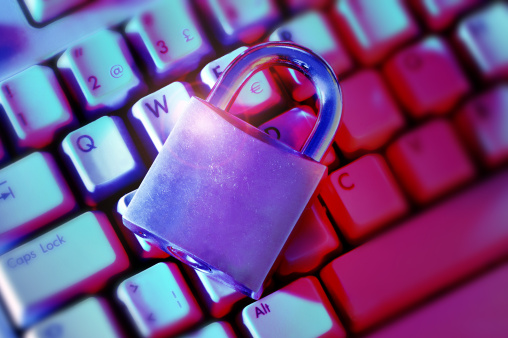By James Edwards
It is the digital age, and with that comes digital threats to security. When working on your computer or browsing the web, your computer and your records may be vulnerable to attack. There are some simple steps you can take that can help you safeguard your computer and personal information and keep them safe from viruses and malware.
Tips for Protecting Your Computer from Viruses.
- When you get an email from an unknown or suspicious address, it is strongly advised that you not open any attachments or click on any links. There is a strong possibility that they contain viruses. Even an email from your contacts might be infected with a virus. So, if an email looks suspicious, contact your friend or family member and ask them if they sent the attachment or link before opening anything.
- Delete chain emails and junk email as they may contain viruses and might really bog down email programs and cause virus programs to run slower and be less effective.
- Do not download attachments or files that you receive from strangers via email or Messenger.
- Be cautious when downloading files from the internet, use only reputable sites, and verify the files are virus free.
- Update your anti-virus software regularly and run routine scans of your entire computer.
- Remember to keep backup copies of your important files and back them up on a regular basis. Keep the files saved somewhere outside your computer so they will be safe if your computer is corrupted by a virus.
When in doubt, always err on the side of caution. It is better to be safe than sorry.
Tips for Protecting Your Computer from Malware
Malware can come from a wide range of internet sources and the greatest protection against threats may not be some fancy program or training. Simply use some common sense and follow a few simple tips:
- Websites. Clicking on links or downloading information and installing things from a website can introduce malware to your computer, so be sure of the website and check the security features of the site before downloading anything.
- Emails. As with viruses, malware can be transferred from one computer to another via email, so be careful with emails from people you do not know or emails that look suspicious and contain links or attachments.
- Digital Files. You may accidently be given a disc or flash drive that may be infected with a virus. Before opening or downloading any files from these devices, scan them with a security program to check for any issues.
- Pop-Ups. Some pop-up windows will open a webpage if you click on the image. Even clicking the ‘X’ button on the pop up can register to open the file. The best way to close these is to right click the new tab and select close from there.
- From Software. Some programs will make an attempt to install malware during set-up, so you need to be sure you carefully read everything during the installation process.
What to do if Your Computer is Infected
Despite your best efforts, your computer may, likely, one day be infected. Malware is designed to slip in unnoticed and lie dormant and undetected until it is activated. There are several things you can do to help clear up an infection once it has taken hold:
- Download an updated operating system. Use Windows Update and make sure you are running the newest version. These updates often delete older versions and related materials and can help clear away malware sources. They also can help boost your protection against newer malware threats with Windows security software.
- An updated browser. No matter if you are using IE, Chrome, Firefox, or another browser, it needs to be up-to-date and all patches and new versions need to be downloaded as they are designed to help protect your computer system from these sorts of threats.
- Antivirus software. You must run and use antivirus tools to protect Windows. Keep it updated and install all required patches, keep it turned on and active whenever you are connecting to the internet, and be sure that you schedule a complete computer system scan once a month. Don’t run two antivirus programs; they might interfere with one another, which may make both of them useless.
- Anti-malware. If your virus protection program does not have malware protection included, use a standalone malware guard and keep it active and updated just as you do with virus protection.
Using just a little common sense and following these few simple tips will go a long way toward helping to protect your computer and information from attack by malware or viruses.
James Edwards is a network security expert by profession who has a passion for writing articles on topics related to computer security and malware.







